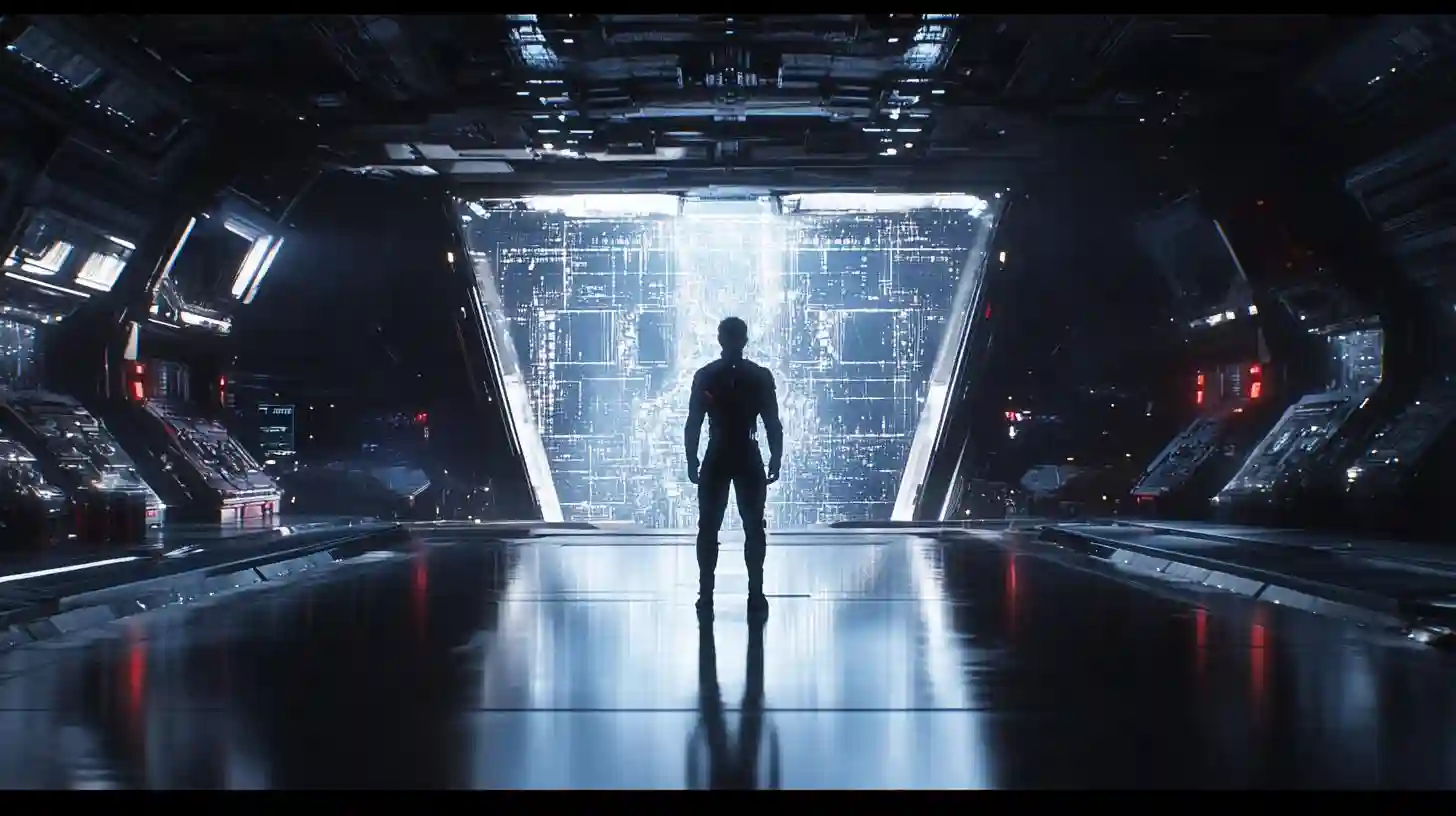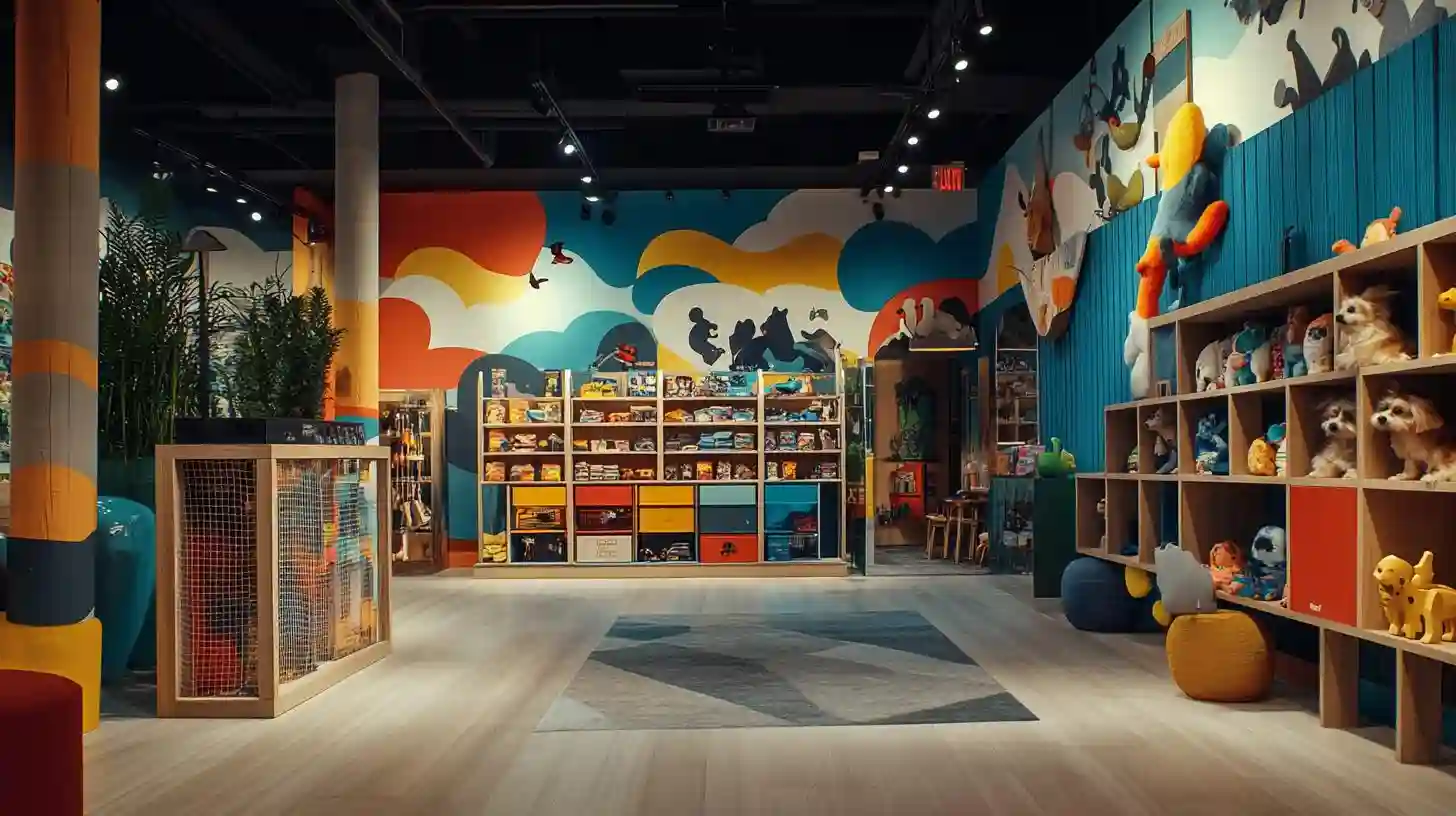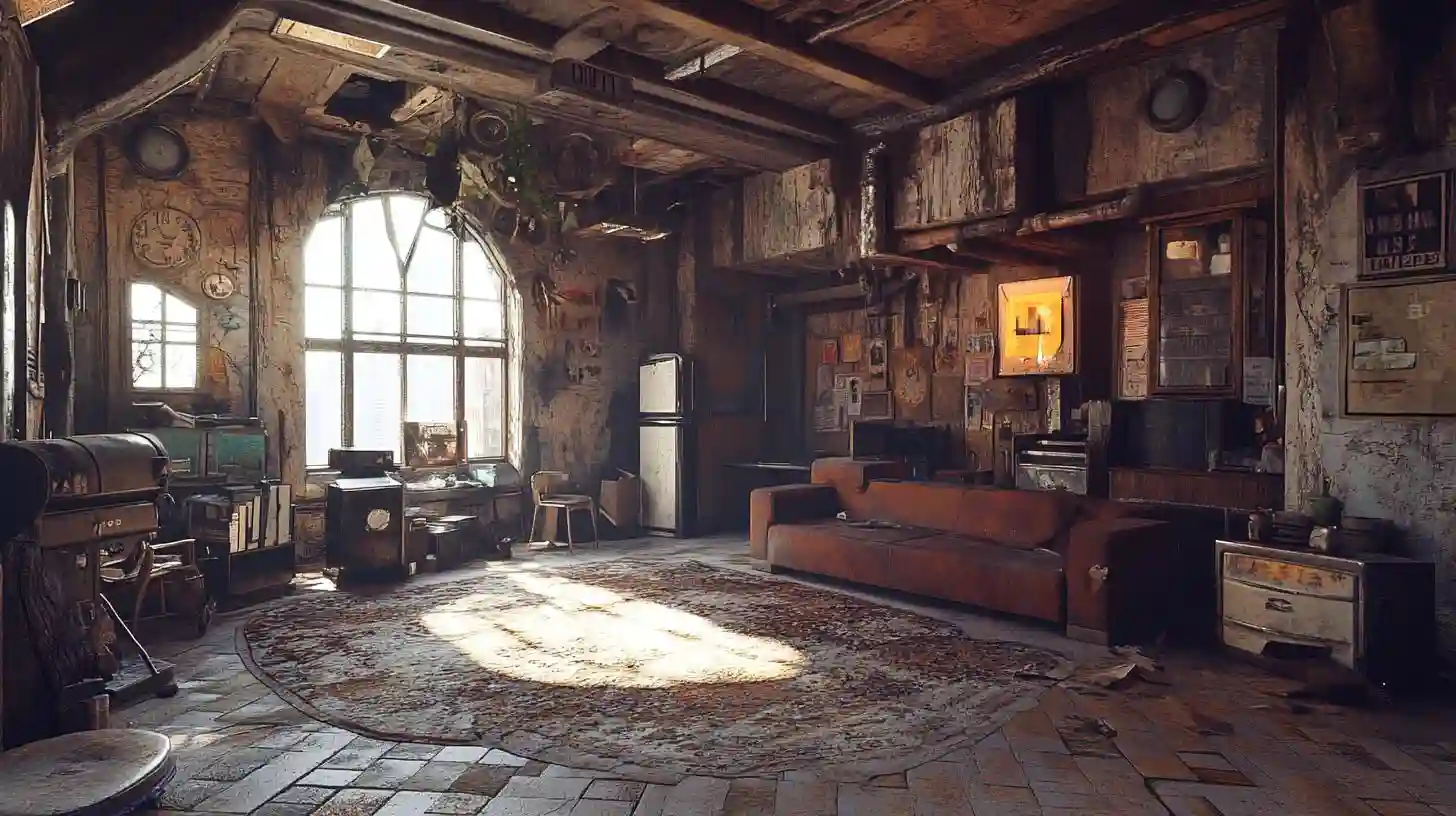
**Uncovering Titanic: The Untold Stories Behind the Film’s Creation and Legacy**
Explore the fascinating behind-the-scenes tales of Titanic, where creativity met history. From groundbreaking special effects to cast dynamics, this article reveals how the film became an iconic benchmark in cinema, leaving a lasting impact on both audiences and filmmakers alike.
**Behind the Scenes of Titanic: Unveiling the Film's Legacy**
The production of *Titanic*, directed by James Cameron, stands as one of the most ambitious and celebrated films in cinematic history. Beneath its stunning visuals and heart-wrenching narrative lies a treasure trove of lesser-known anecdotes that illustrate the film's intricate journey from script to screen.
One of the most remarkable aspects of *Titanic*’s production was the meticulous attention to detail. Cameron immersed himself in extensive research, combing through historical documents, photographs, and survivor accounts to ensure exceptional historical accuracy. This dedication is evident in the film's sets, designed to reflect the grandeur of the ship, incorporating real artifacts to foster a believable and immersive environment.
The casting process was equally fascinating. While Leonardo DiCaprio and Kate Winslet are now iconic as Jack and Rose, their roles were the result of an exhaustive search. Initially, Cameron considered other actors like Matthew McConaughey for Jack. However, upon meeting DiCaprio, it became clear he possessed the emotional depth necessary for the character. Winslet faced her own challenges, initially perceived as too "British" for Rose. Yet, her audition showcased an impressive range, ultimately winning Cameron's approval and securing her place in film history.
The film’s depiction of the ship's tragic sinking required painstaking craftsmanship. Using a blend of special and practical effects, the production team constructed over 500 sets and relied on a massive water tank to film both the ship's journey and its catastrophic end. One breathtaking scene features the bow rising dramatically before plunging into the ocean, a moment achieved through intricate engineering balancing realism with safety. Night shoots presented further challenges, as actors braved freezing water, leading to numerous complaints of discomfort.
Legendary composer James Horner crafted a hauntingly beautiful score that became synonymous with *Titanic*. The music captured the romantic yet tragic essence of the story, while Celine Dion’s "My Heart Will Go On" became a global phenomenon, significantly enriching the film's emotional impact. Recorded in a single take, the song's raw emotion resonated deeply with audiences, earning multiple awards and solidifying its status as an enduring symbol of love and loss.
Cameron also faced scrutiny over the film’s budget. Initially, financial backers were skeptical about funding such an extravagant project. Yet, Cameron's unwavering vision led to a $200 million budget, making *Titanic* one of the most expensive films ever. Long production delays due to a damaged set after a storm only amplified doubts about the project’s viability, but Cameron remained steadfast, believing the crafted narrative would resonate widely.
Upon its release, *Titanic* garnered immense acclaim, earning multiple accolades including eleven Academy Awards, and became a defining moment in popular culture. It broke box office records, becoming the highest-grossing film until Cameron's *Avatar* eclipsed that achievement years later.
Behind the scenes, the cast and crew formed lasting relationships. DiCaprio and Winslet, who met during filming, developed a lifelong friendship, supporting each other in their careers. Their fond reflections on the experience underline the camaraderie that blossomed during production.
*Titanic* encapsulates the triumphs and tribulations of filmmaking, revealing the incredible effort behind creating such a timeless piece of art. Through passion and collaboration, *Titanic* left a profound legacy for future filmmakers and audiences, serving as a testament to the dedication and creativity that drives the film industry. The stories behind *Titanic* remind us of storytelling's power to resonate across generations.
Technology Blog





















